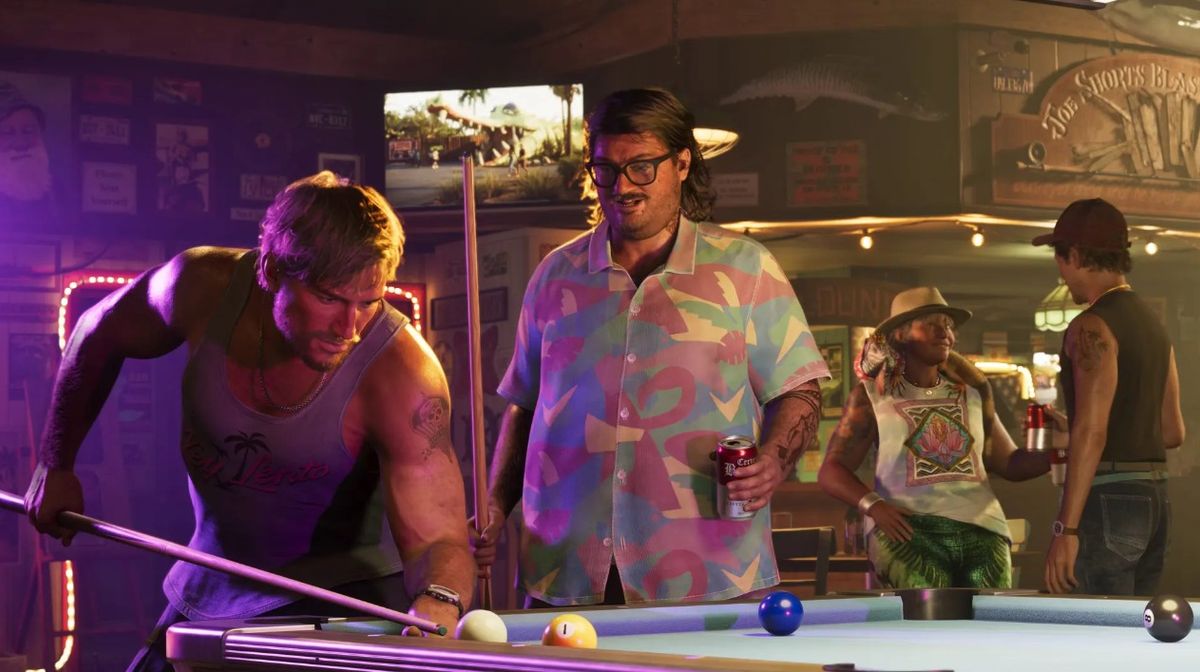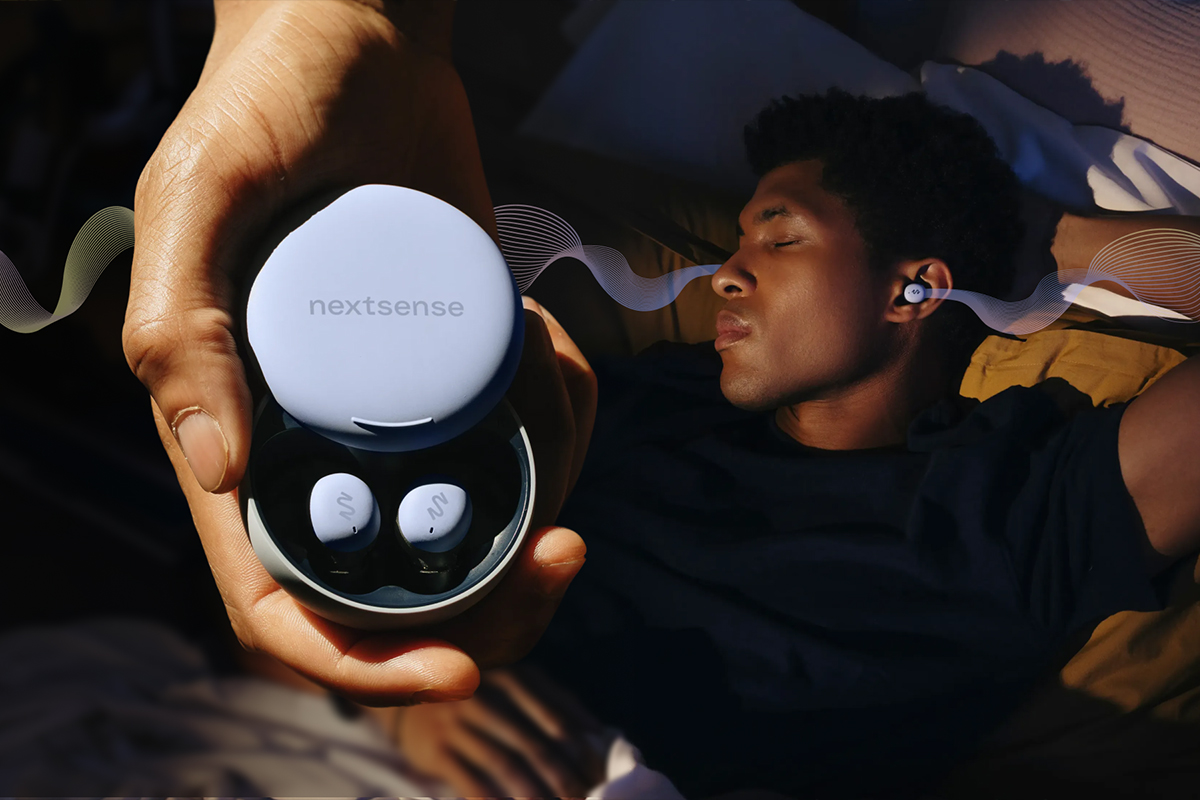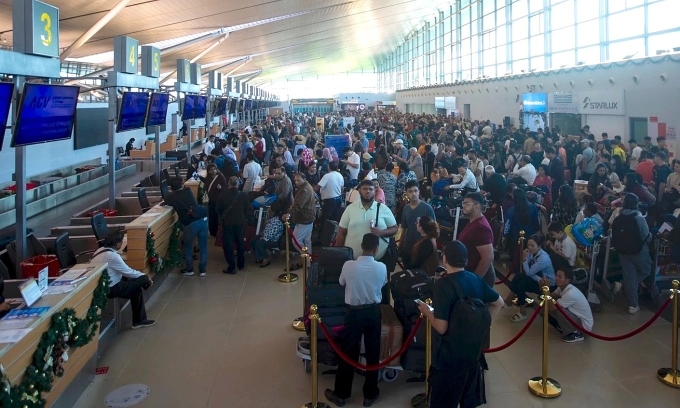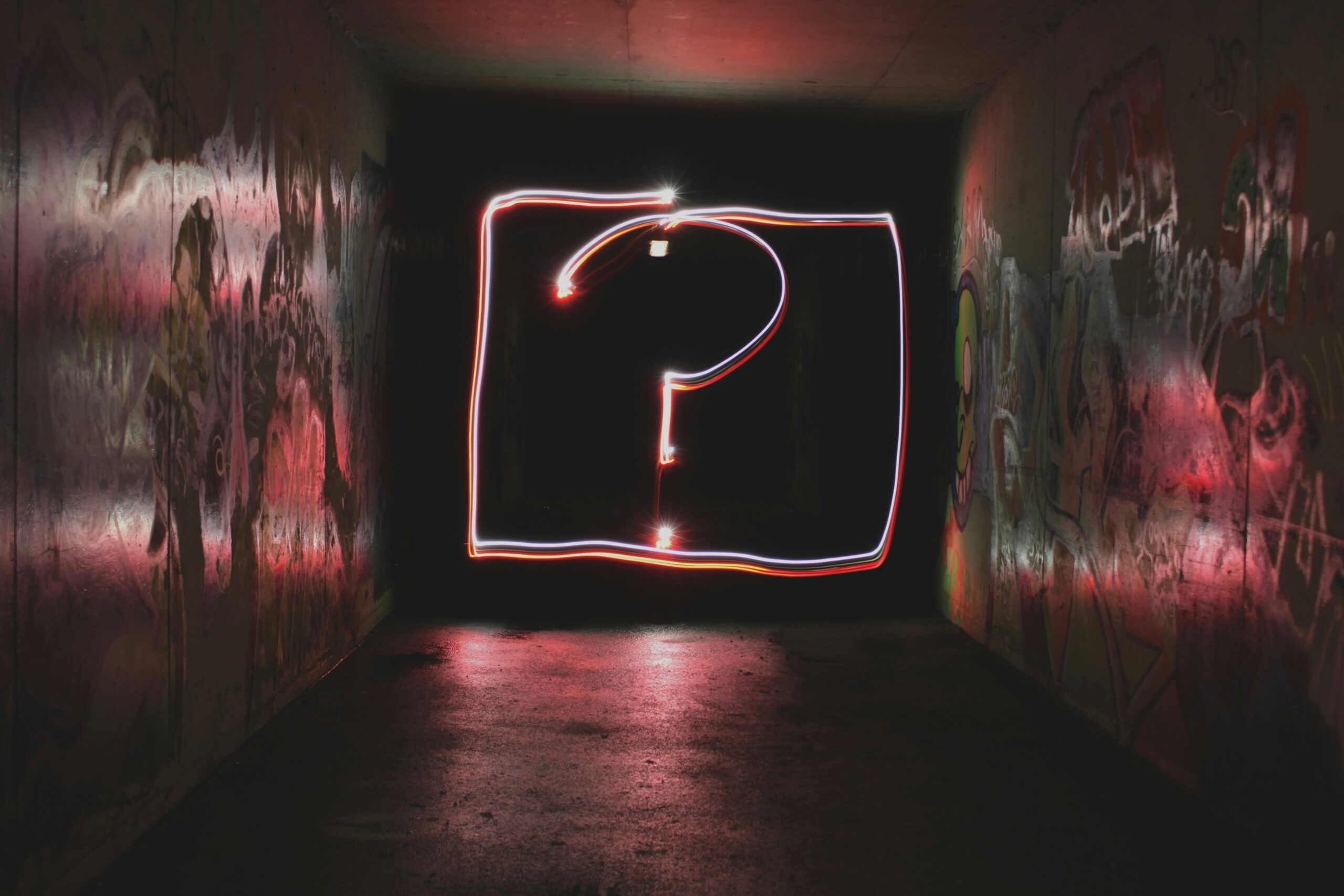
Melbourne Storm forward Eli Katoa has been ruled out for the entirety of the 2026 NRL season as he recovers from brain surgery following a series of head injuries. The 25-year-old sustained these injuries while playing for Tonga in the Pacific Championships. A heavy collision with teammate Lehi Hopoate during the warm-up before the Test against New Zealand at Eden Park was compounded by two additional knocks during the match.
Katoa experienced seizure-like symptoms on the sidelines and was urgently transported to the hospital. Scans revealed a brain bleed, necessitating immediate surgical intervention. He remained in Auckland for several weeks under specialist care before being cleared to return to Melbourne. Subsequent neurological assessments and monitoring led the Storm to confirm that Katoa will not participate in their 2026 campaign, with no timeline set for his long-term return.
Health and Safety Take Precedence
Storm chief executive Justin Rodski emphasized that the club’s primary concern is Katoa’s health and recovery. “Eli’s health and wellbeing remain our number one priority,” Rodski stated. “It is great to have him home safely and under the care of our club doctor and local specialists. He is improving each day and looking forward to continuing his rehabilitation from home.”
Katoa has been discharged from the hospital and will continue his recovery with the support of the club’s medical team. Melbourne Storm has made it clear that any decision regarding his future in rugby will only be considered when specialists deem it safe.
Understanding the Risks of Head Injuries
This incident highlights the ongoing concerns about head injuries in contact sports like rugby. According to a study published in the British Journal of Sports Medicine, rugby players are at a higher risk of concussions compared to athletes in other sports. The long-term effects of repeated head injuries can be severe, leading to conditions such as Chronic Traumatic Encephalopathy (CTE).
Dr. Sarah Thompson, a neurologist specializing in sports injuries, explains, “The brain is incredibly sensitive to trauma, and repeated concussions can have cumulative effects. It’s crucial for players to have adequate recovery time and for teams to prioritize player safety above all else.”
Historical Context and Future Implications
The issue of head injuries in rugby is not new. In recent years, several high-profile cases have brought attention to the need for better protective measures and protocols. The NRL has been working on improving its guidelines to protect players, including stricter concussion protocols and mandatory rest periods following head injuries.
Meanwhile, the Storm’s decision to prioritize Katoa’s health over immediate performance underscores a growing awareness and responsibility among clubs. This approach may influence how other teams handle similar situations in the future.
As Katoa focuses on his recovery, the rugby community will be watching closely to see how this case impacts broader discussions on player safety and health regulations. The long-term welfare of athletes remains a critical issue, with potential changes to training and gameplay strategies on the horizon.
For now, Melbourne Storm and its fans will have to navigate the upcoming season without one of their key players, while keeping a hopeful eye on Katoa’s recovery and eventual return to the sport.







